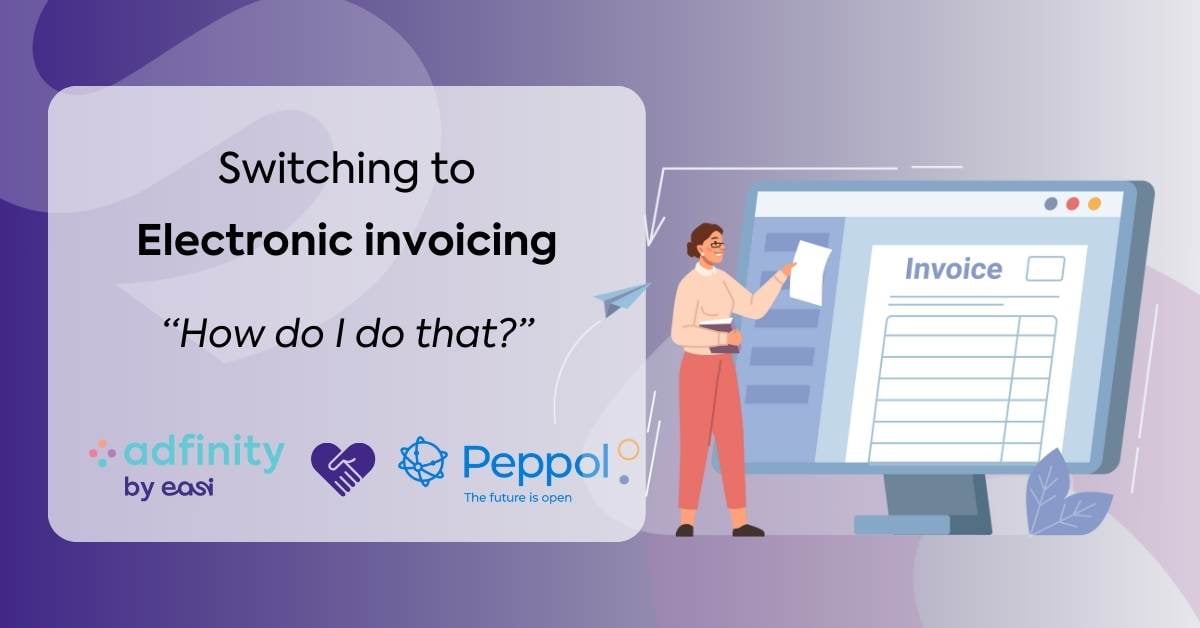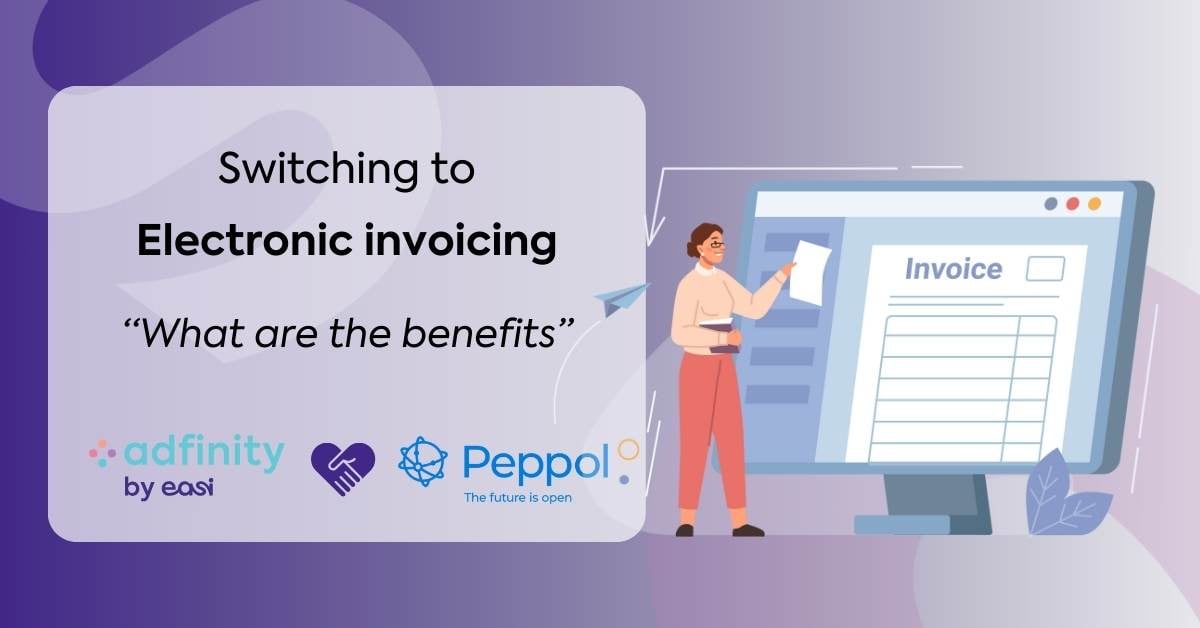A lot of companies have had a first experience with cloud computing during the previous years. For some of them, the experience has been a little less positive than expected. They thought that the cloud was going to be the solution for everything, and that all day-to-day problems would disappear immediately. However, reality is a little bit different.
Managed cloud vs unmanaged cloud
The cloud means a lot more than just software and communication lines. A whole complex services structure is behind it. The cloud is more than just moving those IT boxes to another location and then connecting to them by a communication line. It's a whole project that needs to be managed by specialists. The management of this project can be done by the customer, by the partner or by both of them.
The satisfaction level of companies using cloud solutions is highly impacted by the organisation of its management. Companies working with a partner that manages a large part of the project, are more satisfied than companies working with a partner that only offers a minimum level of management services.
Shared responsibilities and SLA contracts
Linked with the previous paragraph is the level of responsibility that the cloud partner is offering, and the level of responsibility that the customer is willing to delegate.
Customers are suffering a more and more complex workload linked to the management of their IT infrastructure. Moving (part of) this IT infrastructure to the cloud seems the perfect solution to facilitate the job of the IT manager. But... there is one very important point to take into consideration. Moving part of the IT infrastructure to the cloud will only facilitate the job of the IT Manager if the cloud is managed by the cloud provider! If not - or not enough, or not enough clarified in well documented procedures - the management of the cloud infrastructure will stay in the hands of the IT Manager. And in that case, of course, the cloud will not facilitate his job. It even risks to add more complexity.
Therefore, when choosing a cloud provider, you should pay a huge amount of attention to the level of responsibility that your provider is ready to take. Ask them to provide you with their SLA descriptions. Read them very carefully, and ask if they're willing to add your own criteria.
Added value
By SLA, I don't mean just the percentage of uptime of the infrastructure, but also how far the cloud provider is going in terms of added value: are they managing security updates and backups of the infrastructure pro-actively? Do they provide documentation about the configurations? Do they have an easy way to get contacted? Can you speak to someone in your own language and within your own business hours?
If you want to be satisfied about cloud computing in your company, you should choose a partner that offers all this added value. Therefore, think twice before choosing your partner!




